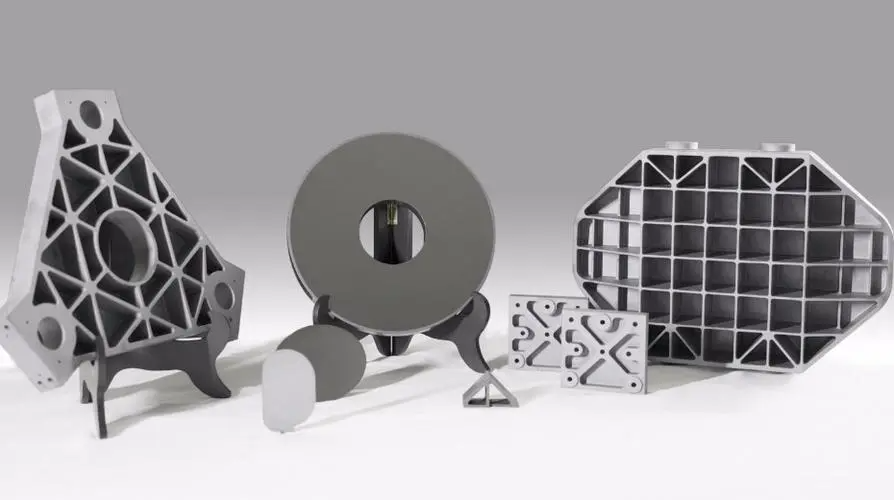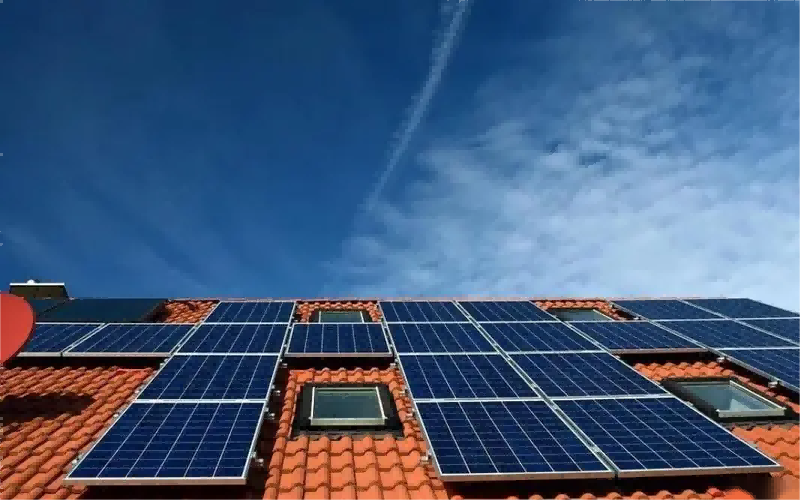In recent years, as global demand for renewable energy has increased, photovoltaic solar energy has become increasingly important as a clean, sustainable energy option. In the development of photovoltaic technology, materials science plays a crucial role. Among them, silicon carbide ceramics, as a potential material, has shown broad application prospects in the field of photovoltaic solar energy.
Silicon carbide ceramic is a ceramic material made of silicon carbide (SiC) particles through high-temperature sintering. It has excellent physical and chemical properties, making it ideal for use in photovoltaic solar energy. First of all, silicon carbide ceramics have high thermal conductivity and excellent thermal stability, and can maintain stable performance in high temperature environments. This allows silicon carbide ceramics to be used in high-temperature photovoltaic modules, improving the efficiency and reliability of photovoltaic systems.
Secondly, silicon carbide ceramics have excellent mechanical properties and chemical stability. It has high hardness and anti-wear properties, making it resistant to mechanical stress and environmental corrosion in photovoltaic systems. This makes silicon carbide ceramics an ideal material for manufacturing photovoltaic modules, extending their service life and reducing maintenance costs.
In addition, silicon carbide ceramics have excellent optical properties. It has a lower light absorption coefficient and a higher refractive index, enabling higher light absorption and light conversion efficiency. This makes silicon carbide ceramics a key material for high-efficiency photovoltaic cells, driving the energy output of photovoltaic systems.
Of course, silicon carbide ceramics, as a semiconductor material, also has unique advantages. Semiconductor materials play a key role in photovoltaic technology, converting sunlight into electricity. Silicon carbide ceramics have a wide energy band gap and high electron mobility, which can provide higher efficiency and stability during photoelectric conversion. This makes silicon carbide ceramics a strong competitor for semiconductor photovoltaic materials and is expected to achieve important breakthroughs in the field of photovoltaic solar energy.
In summary, silicon carbide ceramics have broad application prospects in the field of photovoltaic solar energy. Its excellent properties such as thermal conductivity, mechanical properties, chemical stability and optical properties make it an ideal material for manufacturing efficient, reliable and durable photovoltaic modules. At the same time, as a semiconductor material, silicon carbide ceramics also have unique advantages in photoelectric conversion. With the continuous development of photovoltaic technology and further research on silicon carbide ceramic materials, we have reason to believe that silicon carbide ceramics will play an increasingly important role in the field of photovoltaic solar energy and make important contributions to the realization of sustainable energy.
Post time: Mar-14-2024


